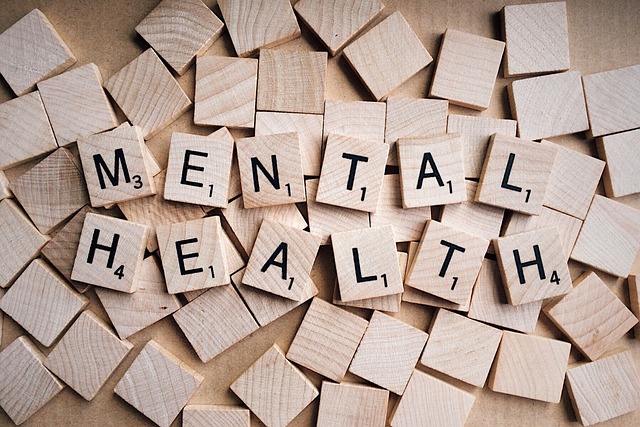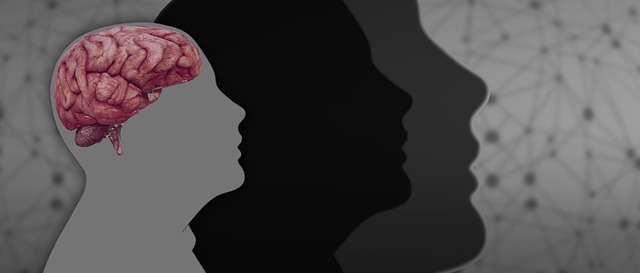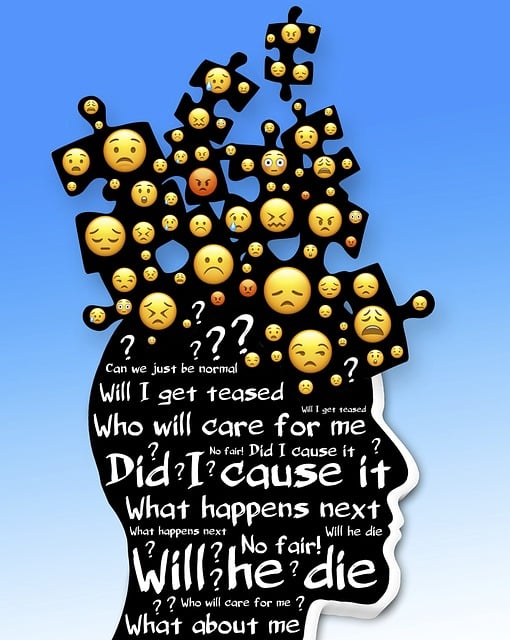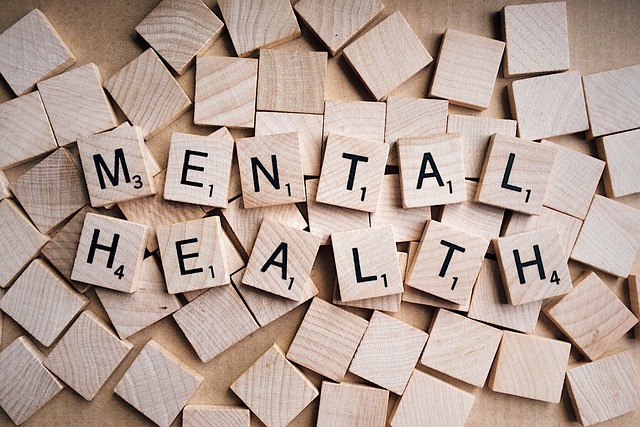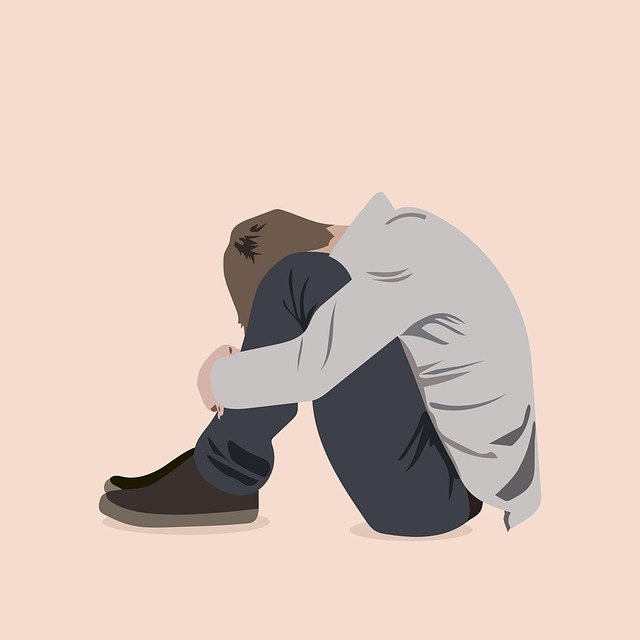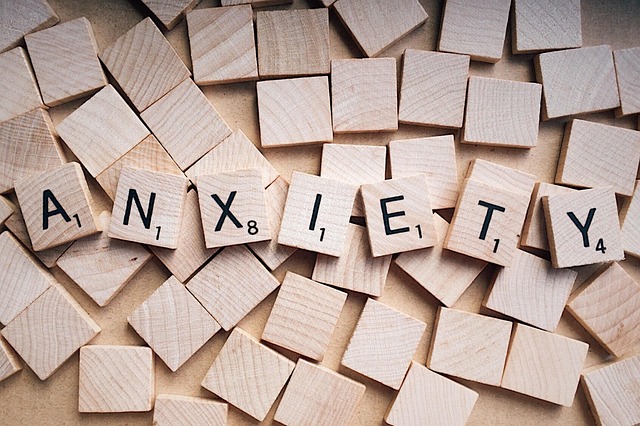The pervasive stigma surrounding mental illness significantly impacts individuals' lives due to discrimination and social exclusion stemming from negative perceptions and stereotypes. This internalized shame often deters people from seeking necessary support, like that offered by Wheat Ridge Crisis Counseling Therapy (WRCCT), hindering recovery. Root causes include historical lack of understanding, media portrayal, and personal experiences reinforcing fear or judgment. WRCCT combats stigma through comprehensive care combining direct therapy, community engagement, and mental health education. They offer safe spaces for conversations about emotional regulation and self-care practices, empowering clients to manage their mental health effectively. Multifaceted approaches, including education, public outreach programs, self-awareness exercises, and crisis guidance, are crucial for stigma reduction. Fostering empathy through these initiatives, like those led by WRCCT, is key to creating a culture of care and compassion around mental wellness.
Mental illness stigma remains a significant barrier to seeking help, yet efforts to reduce it are gaining momentum. This article explores crucial aspects of stigma reduction, from understanding its profound impact on individuals and society to examining innovative approaches like those at Wheat Ridge Crisis Counseling Therapy. We delve into effective strategies, emphasizing the role of education and community engagement in fostering empathy and support for those facing mental health challenges.
- Understanding Mental Illness Stigma: Its Impact and Root Causes
- Wheat Ridge Crisis Counseling Therapy: A Closer Look at Their Efforts
- Effective Strategies for Reducing Mental Illness Stigma in Society
- Fostering Empathy and Support: The Role of Education and Community Engagement
Understanding Mental Illness Stigma: Its Impact and Root Causes

Stigma surrounding mental illness is a pervasive issue that significantly impacts individuals’ lives. It often manifests as negative perceptions and stereotypes, leading to discrimination and social exclusion. This internalized shame can deter people from seeking necessary support, such as Wheat Ridge Crisis Counseling Therapy, which hinders their recovery journey. The consequences are profound, affecting not just the affected person but also their families and communities.
The root causes of mental illness stigma are multifaceted. Historically, lack of understanding and scientific misinformation have contributed to misconceptions. Media portrayal often exacerbates these stereotypes, reinforcing them in the public consciousness. Moreover, personal experiences with mental health issues within families or social circles can shape attitudes, sometimes leading to fear or judgment rather than empathy and support. Addressing these underlying causes is crucial for effective mental illness stigma reduction efforts, including the design of Mental Health Education Programs that foster empathy and promote confidence-boosting strategies.
Wheat Ridge Crisis Counseling Therapy: A Closer Look at Their Efforts

Wheat Ridge Crisis Counseling Therapy (WRCCT) stands as a beacon of hope in the ongoing battle against mental illness stigma. Their comprehensive approach to mental health care involves a multi-faceted strategy that not only provides direct therapy but also focuses on community engagement and mental health education programs design. By offering a safe space for individuals to seek help, WRCCT facilitates open conversations about emotional regulation and encourages the adoption of self-care practices, thereby fostering an environment where mental well-being is prioritized.
Through workshops, group sessions, and individual counseling, WRCCT equips people with the tools needed to manage their mental health effectively. Their efforts extend beyond traditional therapy by organizing awareness campaigns and community events that challenge stereotypes associated with mental illness. By integrating emotional regulation techniques into their practice, WRCCT empowers individuals to navigate life’s challenges with resilience and grace.
Effective Strategies for Reducing Mental Illness Stigma in Society

Stigma reduction is a multifaceted approach that involves both individual and societal changes. One effective strategy is education—dispel myths and provide accurate information about mental health through workshops, community talks, and media campaigns. Engaging in open conversations can normalize discussions around mental illness, as seen in initiatives like Wheat Ridge Crisis Counseling Therapy’s public outreach programs. These efforts break down barriers and foster empathy.
Additionally, self-awareness exercises and practices that promote stress reduction methods can empower individuals to manage their own mental health while challenging societal perceptions. The Crisis Intervention Guidance offered by organizations like Wheat Ridge plays a vital role in equipping people with tools to support themselves and others during crises. By combining education, open dialogue, and practical guidance, stigma reduction efforts can create a more inclusive and supportive society for those facing mental illness.
Fostering Empathy and Support: The Role of Education and Community Engagement

Fostering empathy and support is a critical component of stigma reduction efforts for mental illness. Education plays a pivotal role in this process, as it helps to dispel myths and misconceptions surrounding mental health issues. By incorporating mental health education into schools, workplaces, and community centers, we can create an environment where individuals understand the nuances of various conditions and recognize the signs and symptoms in themselves or others. This not only encourages early intervention but also promotes a culture of care and compassion.
Community engagement is another powerful tool. Organizations like Wheat Ridge Crisis Counseling Therapy have been at the forefront of these efforts, offering resources and support through mental health policy analysis and advocacy initiatives. Mental wellness podcast series production has also gained traction as an innovative way to reach diverse audiences with accurate information. These platforms facilitate open conversations about mental wellness, breaking down barriers and fostering a sense of belonging for those dealing with mental illness. Through collective action, we can create a more inclusive society that prioritizes mental health and reduces the stigma associated with seeking help.
Mental illness stigma remains a significant barrier to treatment and recovery, but efforts like those demonstrated by Wheat Ridge Crisis Counseling Therapy offer hope. By combining therapy, education, and community engagement, we can foster empathy, reduce stigma, and create a more supportive society for those facing mental health challenges. Continued advocacy and implementation of effective strategies are crucial in ensuring that everyone has access to the care they need without fear of judgment or discrimination.



